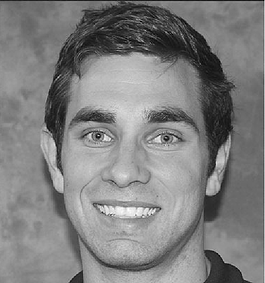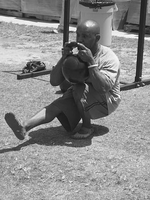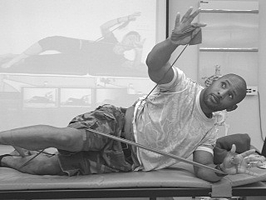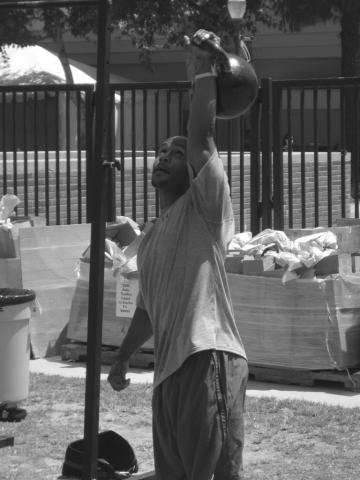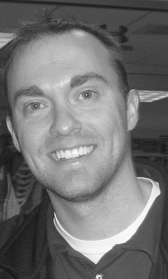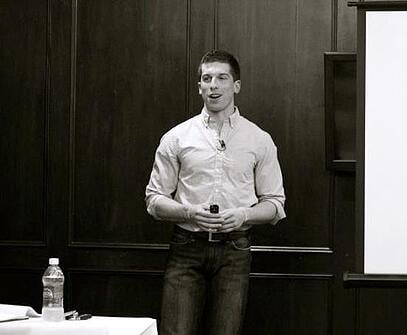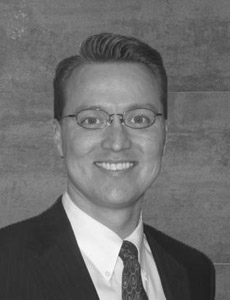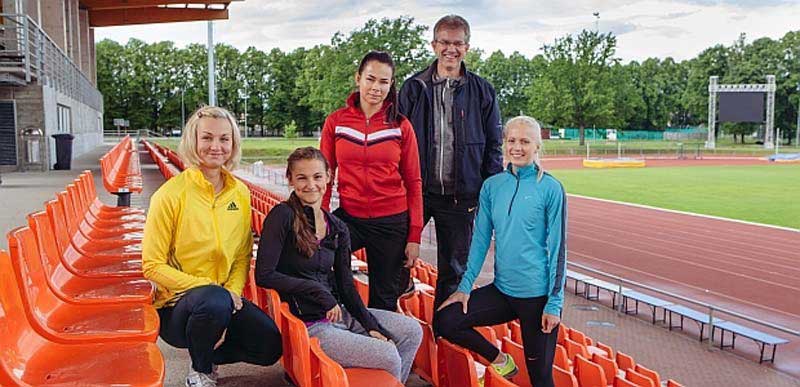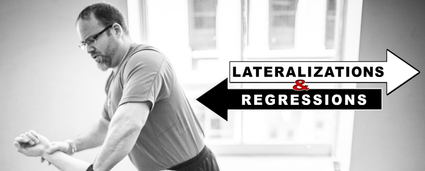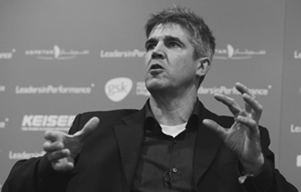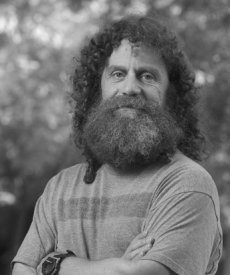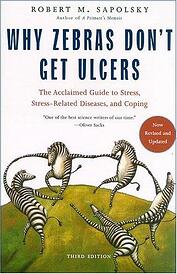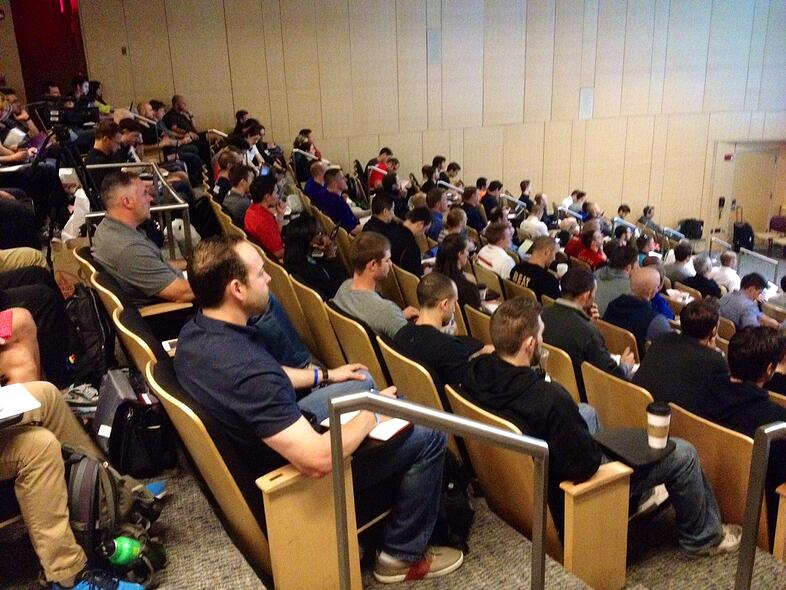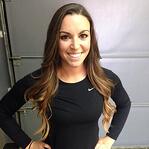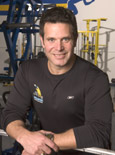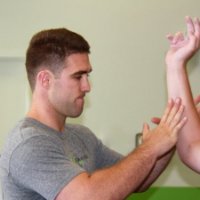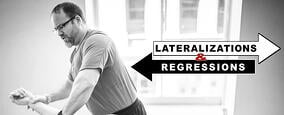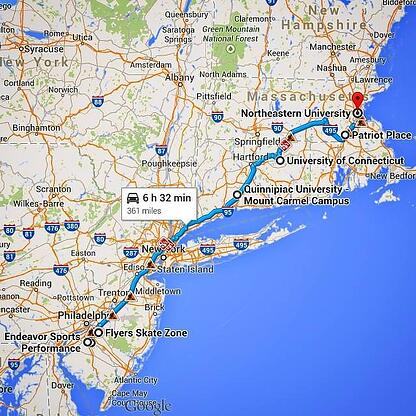
This summer I had the pleasure spending time with USC strength coach, Chris Chase while he was in Boston. Chris was kind enough to observe our men’s basketball performance training session and take myself and coach Dan Sanzo through his legendary flow.
Below is a transcription from our post-flow conversation.
Art: Chris, I’ve seen your flow on the internet and now that I’ve been able to experience it firsthand, I truly appreciate its brilliance. For those not familiar with your flow can you provide a brief description?
Chris: Movement flow integrates various patterns and modalities to be performed unbroken with an emphasis on one’s ability to effectively transition. The inclusion of the word flow suggests continuity, which is the goal when combining appropriate movements into a flow. The method incorporates primal movements, yoga patterns, Postural Restoration Institute concepts, Functional Range Conditioning, and developmental sequencing. I try to sift through and tweeze out patterns from various realms and fuse them together with transitions.
Art: How and why did movement flow come about?
Chris: It initially stemmed from surveying my warm-ups and believing there was something missing in the structure, function, and effectiveness. I have always taken huge stock in the importance of this initial part of training, even avoiding the term warm-up with my athletes. The entire session is meant to make improvements, and I knew something could be implemented that would facilitate that to a greater degree, instead of simply preparing for subsequent movements. I wasn’t seeing what I believed I wanted to achieve with the use of standard mobility, activation, or corrective structured warm-ups. There seems to be a lack of carry over, attention, buy-in, and minimal improvement. Something more challenging could be implemented that would actually teach the athletes something and facilitate quality improvements.
Having practiced yoga and experimented with many of the challenges from Ido Portal, Dewey Nielsen, and various primal movement practitioners, I know how humbling these body weight movements can be. It would almost be absurd to externally load certain patterns with an athlete that could not demonstrate the qualities and necessary skill in what I believe to be low-medium threshold patterns. Also, being exposed to modalities from the Postural Restoration Institute, Functional Range Conditioning, and concepts from Dynamic Neuromuscular Stabilization, I began to have a greater understanding of what is worth doing.
With help from a fellow Springfield alum and current UCLA Performance Coach Eric Schmitt, we began blending practices together one movement at a time. The routines started as very random, but began to be organized loosely based on developmental sequencing. In other words, whatever is going down in supine is done first, then side lying, prone, kneeling, squatting, and finally standing, with transitions between each.
Art: What do you believe is the value in making something that is continuous?
Chris: Transitions. Owning each position or movement is important, but what is most important is the control you exhibit as you move from one challenge to the next. Yoga places great emphasis on this when assessing one’s practice. Someone’s practice is considered in high regard, not because they can hold poses for a long time or are more flexible than everyone else, but because the transitions are controlled and fluid.
Almost as important of an effect is the huge increase in attentiveness during movement flow. Let’s be honest. We are all guilty of throwing in exercises that, in theory, are the correct ones. But if you take a step back, you realize these kids can do some of that stuff in their sleep. The desire to do them is low, and they can probably chat with their buddies while doing them. Hip mobs, bridges, lunge series, quad pulls, elephant walks, etc. are all still great, but these kids need a break from structure. We set and rep them to death, and you know they get sick of it. The response from mine, as well as other coaches’ athletes is that they not only enjoy it more, but they have no choice but to focus because there is minimal break and higher complexity.
Art: What have you seen to be the carry over to other modes of training, namely the resisted movements used?
Chris: First and foremost is education. No other method has provoked such feedback as far as understanding and empowerment of that athlete’s own body movements. The cues and language we can now speak provides so much more ammo when bridging the gap between the low and higher threshold movements.
A lot of those cues revolve around establishing neutral and creating tension to maintain that position. The use of PRI and Yoga practices during movement flow really allows for an understanding and skill acquisition in order to get out of extension and find neutral. Dominating neutral is another story, so as many tension generators as possible are included. Because it is ground based, there are so many opportunities to get sensory feedback and understand how to push, claw, activate, or breath to cover your neutral with a titanium sheath. For example, the tension methods initiated during flow with things like dynamic happy baby, oblique sitting, all fours breathing, crawling variations, and chair or eagle pose can provide for a great transition into deadlift.
The kids just get out of it what you are looking to achieve. We really see success in finding and utilizing core, exploring one’s own mobility instead of pretending we are forcing mobilization, and activating on a level that is providing actual benefit.
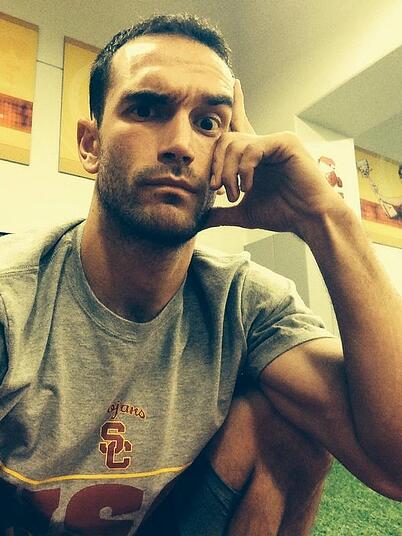
Art: How do you deal with athletes that are not skilled in these movements, do not have the necessary qualities, or are injured?
Chris: I think this is where the beauty of movement flow really becomes apparent. Yoga encourages taking ownership over your practice. A teacher will always remind a group to perform only what you believe to be a part of your practice on that day. The same goes for my athletes. A less skilled athlete is made aware of what is or is not included in his or her menu. For example, an athlete may still be working on a bear crawl while others have advanced to a reptile crawl. One of my 6’5” lanky baseball pitchers may not yet be able to dive into a cossack squat, but he can explore his range in lateral squat or support himself as he slowly get further into the range. Without added external resistance, exploration can happen with little to no risk.
An injured athlete knows what joint movements are included in each exercise and will be prompted not to include certain things in his or her practice. More commonly, with those who are injured, I will provide bail out poses that they can move into once the flow moves into something they cannot do. For example, someone with a knee issue may not be a part of the deep squat series. I may tell that athlete to flow back into his or her crawling work or some lower threshold supine work like deadbugs or happy baby.
As with many others, I have certainly been guilty of complaining that this generation lacks the initiative and wherewithal to do things for themselves and simply figure it out! This is why empowerment and taking ownership is so much a part of this modality. Another method we use that showcases this is during times when I simply provide a menu for the athletes. If I know we will have some kids feeling sore and lethargic, I will have 3-4 options to cater to that. Same goes if some of the other kids are rested and feel like they need to put in some work to advance. They also are given 3-4 options. They will then have approximately 3 minutes to flow through what is a part of their individual practice. I do not instruct on the amount of reps or time that must be spent in each challenge or position, they simply work on what they need to work on, transitioning between each movement when ready.
Art: What other benefits do you see coming from movement flow?
Chris: I think a big one is the use of routines to promote parasympathetic tone. After a highly neurologically demanding day or a session where sympathetic tone was through the roof from start to finish, I have used a flow to simply tone down. Toning down includes several breathing practices, movements that take the athletes out of extension, and poses that promote a rested state like child’s pose or savasana. Blending those things together into a flow increases the attention paid and makes for a more fluid reduction of tone.
Art: How have you used movement flow at USC?
Chris: The most frequent use is during the initial low to medium threshold portions of a training session. We also use it during a cool down or for a full recovery session. I have seen huge value in using this for recovery sessions vs. traditional methods. The classic foam rolling, green strap, lacrosse ball, and hurdle mobility sessions are great, but I didn’t think we were getting much out of those. I still include some soft tissue work during these sessions, but then move into a lower threshold recovery flow.
Art: Chris, I really appreciate you spending time with us today here at Northeastern. The athletes at USC are lucky to have such a progressive and thoughtful coach overseeing their development. I’m looking forward to integrating some flow into our movement systems here.
Chris: Thanks for having me Art. Coming from one of the leaders in our field that really means a lot.
Learn more about Chris and his flow at:http://performancetraininghq.com/ and his flow HERE
